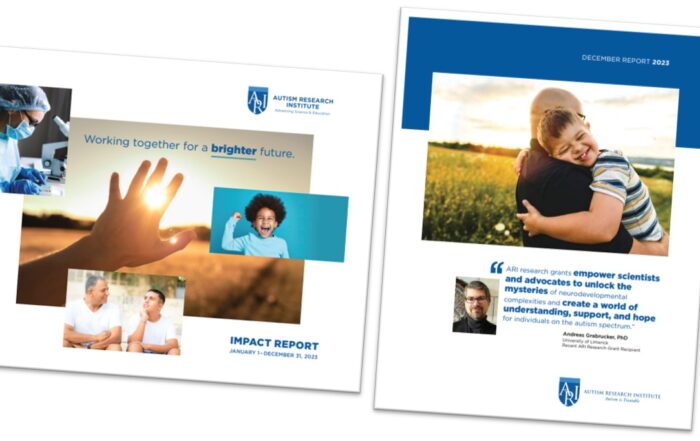Adults with autism spectrum disorders (ASD) may be incorrectly perceived by other people as being deceptive and lacking credibility, according to a new study. Alliyza Lim and colleagues asked 30 individuals with ASD and 29 neurotypical individuals to participate in video-recorded interviews and measured their levels of five behaviors related to autism: gaze aversion, repetitive body movements, literal interpretation of figurative language, poor reciprocity, and flat affect.
The researchers then asked 1,410 people to each view one video and rate their perception of the individual’s credibility and truthfulness.

The researchers say that while individual behaviors associated with autism did not directly contribute to a person being judged as lacking credibility or being untruthful, people with autism overall were rated as less reliable than their neurotypical peers.
Study coauthor Robyn Young says, “It’s unfortunate that many of the behaviors that are believed to be portrayed by people who are being deceptive, often erroneously, are also commonly seen among people on the autism spectrum.” The study’s authors say this can disadvantage an individual with ASD who interacts with the criminal justice system, noting that their findings are consistent with statistics suggesting that people with ASD tend to receive higher sentences than non-autistic individuals who commit similar offenses. In addition, they say, it may make it more difficult for individuals with ASD to successfully interview for jobs.
The researchers also note that in this study, individuals with ASD were rated as less deceptive and of higher character when observers were given information about their ASD diagnosis. “This suggests,” they say, “that appropriate disclosure of an ASD diagnosis, in conjunction with relevant education on autistic behaviors, may be an effective way to reduce the negative bias toward people on the autism spectrum.”
—
“Autistic adults may be erroneously perceived as deceptive and lacking credibility,” Alliyza Lim, Robyn L. Young, and Neil Brewer, Journal of Autism and Developmental Disorders, March 17, 2021 (free online). Address: Alliyza Lim, alliyza.lim@flinders.edu.au.
—and—
“Poor judgment of autistic adults,” news release, Flinders University, April 1, 2021.
This article originally appeared in Autism Research Review International, Vol. 35, No. 2, 2021
ARI’s Latest Accomplishments
Connecting investigators, professionals, parents, and autistic people worldwide is essential for effective advocacy. Throughout 2023, we continued our work offering focus on education while funding and support research on genetics, neurology, co-occurring medical
Biomarkers start telling us a story: Autism pathophysiology revisited
Learn about emerging research on biomarkers and autism from a recent ARI Research Grant recipient. This is a joint presentation with the World Autism Organisation. The presentation by Dr.
Editorial – Bernard Rimland’s Impact: Sixty Years Since the Publication of ‘Infantile Autism’
In this milestone year of 2024, the Autism Research Institute commemorates the 60th anniversary of Dr. Bernard Rimland’s groundbreaking work, Infantile Autism: The Syndrome and Its Implications for a Neural Theory of




